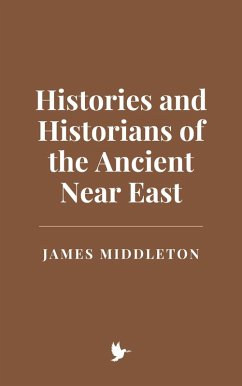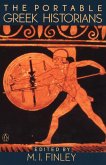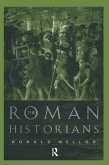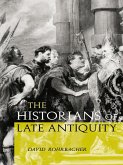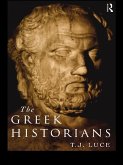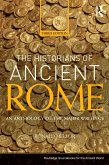Focusing on key historians such as Herodotus, Livy, Tacitus, and Plutarch, the study reflects on the methods they used to record history and the philosophical and moral lessons embedded in their works. These historians, influenced by both their own cultural backgrounds and the vast empires they documented, offered not only a detailed account of political events but a moral and ethical framework for understanding power, leadership, and the trajectory of empires. Whether through the lens of divine will, moral virtue, or the effects of unchecked power, these ancient historians engaged with the past in ways that were meant to instruct future generations, preserving both the triumphs and failures of their civilizations.
The analysis also highlights the unique contributions of each culture's historiography, from the mythological narratives of Sumerian kings to the biographical works of Roman writers. The way these societies constructed and understood their histories continues to influence modern historiographical practices, making them central to understanding the development of historical thought. Ultimately, the work demonstrates the profound interplay between history, identity, and power in the ancient world and how these elements were captured through the written word.
Dieser Download kann aus rechtlichen Gründen nur mit Rechnungsadresse in A, B, CY, CZ, D, DK, EW, E, FIN, F, GR, H, IRL, I, LT, L, LR, M, NL, PL, P, R, S, SLO, SK ausgeliefert werden.

